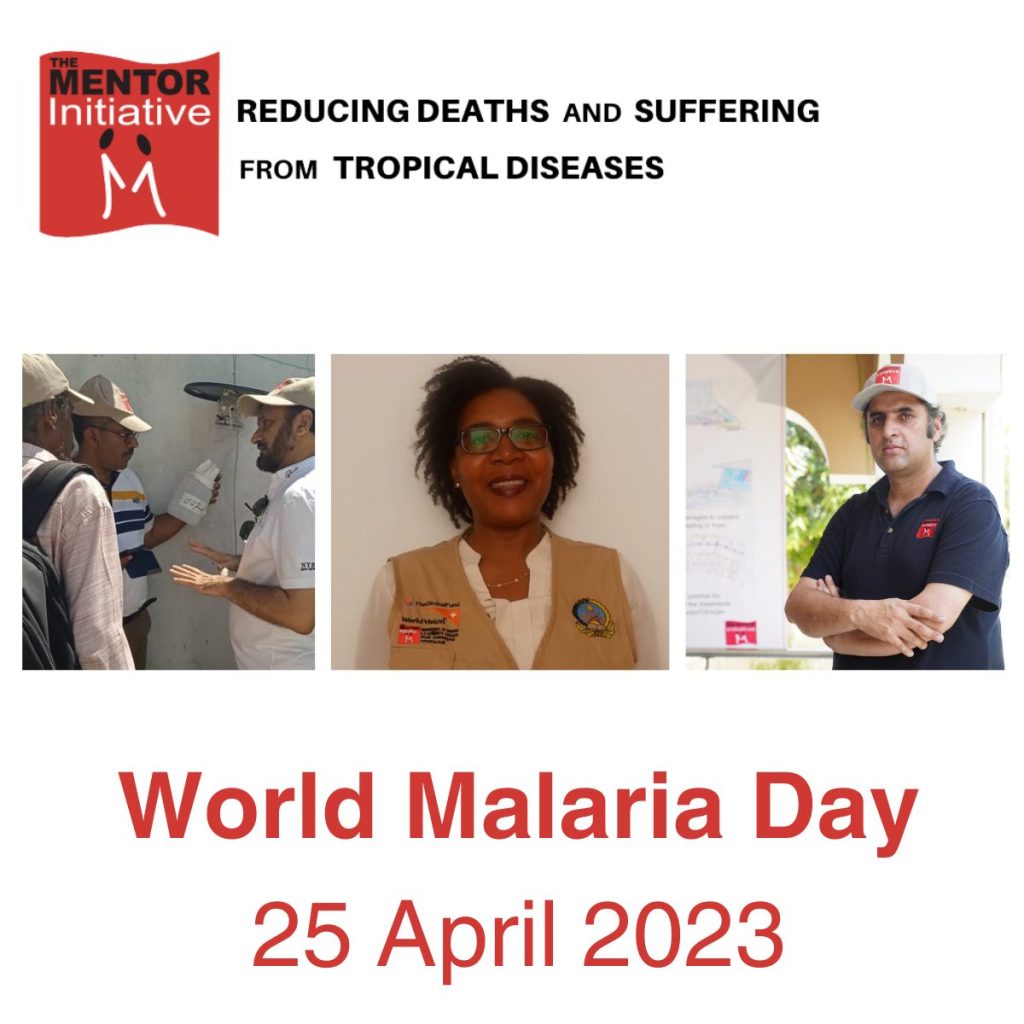The entomological study, surveillance and understanding of the mosquito vector is integral to delivering a robust, evidence-based malaria control programme.
MENTOR teams carry out this work in a variety of environments, including challenging, conflict-affected settings. They also run large-scale trials on new vector control tools. The results all contribute to a body of evidence that supports decisions about the most effective tools to use to control malaria in a complex, humanitarian crisis.
On World Malaria Day, our entomological experts explain how their work supports malaria prevention and helps to protect millions of vulnerable people.
Muhammad Kamal, Research Coordinator in Aden, Yemen, has a background in medical entomology and public health. For the past 25 years, he has worked across Asia, Middle East and East Africa in malaria and other vector-borne disease prevention and control as well as vector bionomics:
“The activities we are carrying out in both urban and camp settings are important to test the innovative WHO prequalified vector control tools. The research is testing how effectively the Transfluthrin-treated “Spatial Repellent Mesh” repels the malaria-transmitting Anopheles mosquito, as well as other disease-carrying vectors.
We are also studying the effects of larviciding discs (Sumilarv MR2 discs-treated by pyreproxiphen) on disrupting the life cycle of mosquitoes at the pupae stage, which can significantly reduce the adult population.
Results of the entomological study will be compiled and used to determine what tools to use to control malaria in challenging, high disease-burden environments.”
Arlete Troco is the Entomological Surveillance Coordinator in Angola. Here she supports the national malaria control programme in the study of key behavioural characteristics of malaria vectors and their susceptibility to insecticides. She is also creating local capacity by training and supporting government supervisors to collect and characterise the main malaria vectors.
This is meeting the need for increased local entomological surveillance capacity in the country, where scarce human resources in this field reduce the capacity to implement vector control.
“Entomological surveillance is important to gain a clear picture of how mosquitoes behave and to adjust malaria control interventions to get the best results. For me, World Malaria Day highlights the need to accelerate the progress Angola is making through surveillance and creating the local capacity to continue doing so in the future using local resources.”
Sajjad Ahmed has a background in agricultural entomology and public health. He is the Prevention Coordinator in Borno State, Nigeria, overseeing large-scale malaria prevention activities, primarily Indoor Residual Spraying (IRS).
“A crucial part of an IRS campaign is studying the impact of insecticides on the mosquito population. We conduct tests such as cone bioassay to determine the residual effect of the insecticide, and pyrethrum spray catches to compare the density of malaria vectors in intervention sites with a control site.
We also compare data on malaria cases pre and post IRS, to evaluate the campaign and improve its coverage and impact.”
Innovations in vector control and the rigorous evaluation of the best combination of tools, will help to significantly reduce malaria morbidity and mortality in countries where people are suffering the most.
According to the WHO World Malaria Report 2022, there were an estimated 247 million cases of malaria globally in 2021. Today, MENTOR reaffirms its commitment to work closely with Ministry of Health partners, donors and communities to effectively control this preventable and curable disease.

